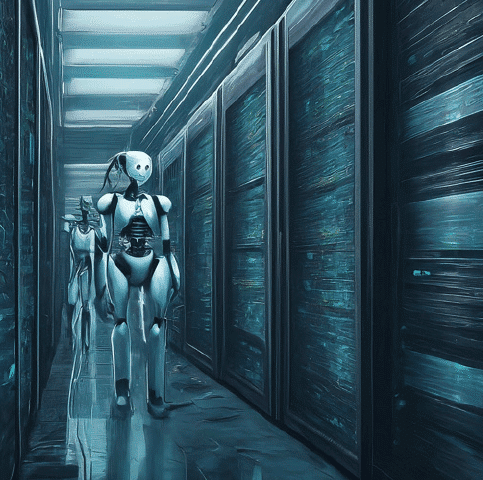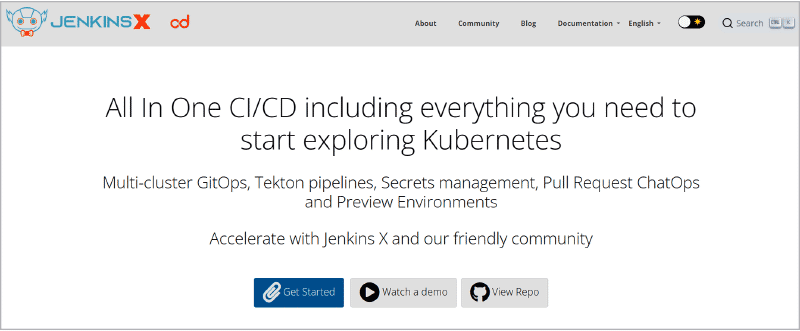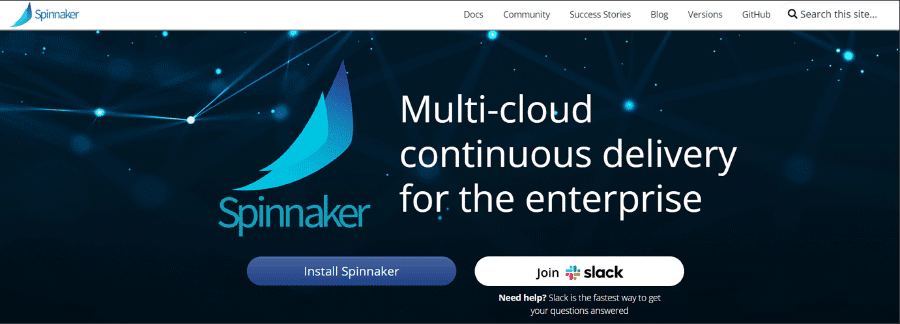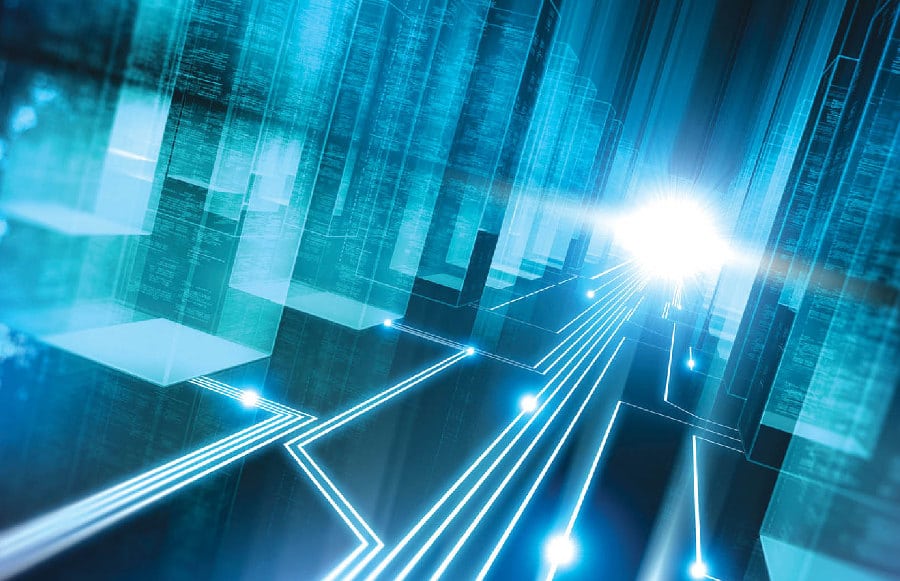By integrating AI with DevOps, we can harness the power of both technologies to quicken the development of quality software. Open source DevOps tools now come with AI integrated in them to automate the software development lifecycle and enhance security features.
Artificial intelligence (AI) has emerged as a transformative force across various sectors, significantly influencing market dynamics and industry growth. As enterprises increasingly integrate AI-driven solutions into their operations, they unlock opportunities for enhanced automation, predictive analytics, and personalised consumer experiences. This integration not only propels operational efficiencies but also catalyses the expansion of AI-driven markets, which are witnessing exponential growth across diverse industries, ranging from healthcare and finance to manufacturing and retail.
Integration of AI and DevOps with robotics
In the realm of AI and DevOps, robots play an increasingly crucial role within data centres, integrating seamlessly to enhance operational efficiency and automation. These robots, often embodied in physical machines or as virtual entities within software systems, contribute significantly to the management and optimisation of data centre environments.
For instance, consider a data centre where physical robots are deployed for routine maintenance tasks such as cable management, hardware inspections, and inventory checks. These robots are equipped with advanced sensors and AI algorithms that enable them to navigate the complex infrastructure autonomously. They can detect hardware malfunctions, predict when components are likely to fail based on wear and tear patterns, and even perform preventive maintenance tasks. This level of automation reduces the need for manual intervention, decreases the likelihood of human error, and ensures that hardware components are functioning optimally, thus enhancing the overall reliability of the data centre.

In parallel, virtual robots or bots embedded within software systems utilise AI to manage and streamline operational processes. These bots can automate tasks such as deployment, scaling, and monitoring of applications within the data centre. For example, an AI-driven bot might oversee the continuous integration and continuous deployment (CI/CD) pipelines, automatically triggering build and deployment processes based on predefined criteria and performance metrics. This automation not only accelerates the deployment cycle but also ensures consistency and reduces the risk of deployment errors.
AI-powered robots in data centres contribute to real-time decision-making and resource optimisation. By analysing data from various sources—such as network traffic, system logs, and environmental conditions—these robots can make informed decisions about resource allocation. For example, an AI system might dynamically adjust the cooling systems based on current server load and temperature readings, optimising energy consumption and maintaining optimal operating conditions for the hardware.
The synergy between AI, DevOps, and robots in data centres exemplifies a forward-looking approach to IT operations. Physical robots handle the tactile and maintenance tasks, while AI-driven software bots manage the more abstract and data-centric processes. Together, they enhance the efficiency, reliability, and scalability of data centre operations, embodying a paradigm shift towards more intelligent and autonomous infrastructure management.
Assorted applications of AI with DevOps
The integration of AI with DevOps is revolutionising the way software development and operations are conducted. This synergy between AI and DevOps, often referred to as AIOps, leverages AI’s predictive and analytical capabilities to enhance the efficiency, reliability, and speed of the software delivery life cycle.
One of the key aspects of this integration is the automation of repetitive and time-consuming tasks. AI algorithms can analyse vast amounts of data from various stages of the development pipeline, identifying patterns and predicting potential issues before they escalate. This predictive maintenance helps in proactively addressing problems, thereby reducing downtime and improving system reliability. For instance, AI can monitor server health and application performance, automatically triggering corrective actions when anomalies are detected.
AI enhances CI/CD processes. By utilising machine learning models, AI can optimise the deployment process, ensuring that code changes are seamlessly integrated and deployed with minimal human intervention. This not only speeds up the release cycle but also ensures higher accuracy and fewer errors. AI can also assist in automated testing, where it can generate and execute test cases, analyse test results, and even predict the impact of new code on existing functionalities.
AI-driven analytics provide deeper insights into application performance and user behaviour. These insights enable development teams to make data-driven decisions, improving the overall quality and user experience of the software. For example, AI can analyse user feedback and behavioural data to identify areas of improvement, guiding developers in enhancing features that matter most to users. It can also streamline incident management and response. By correlating data from various sources, AI can identify the root cause of issues faster and suggest the best course of action. This reduces the mean time to resolution (MTTR) and enhances the overall resilience of the IT infrastructure.
The merger of AI in DevOps fosters a culture of continuous improvement and innovation. As AI models learn and evolve, they provide increasingly accurate predictions and recommendations. This continuous learning loop ensures that the DevOps practices remain agile and adaptive to changing business needs and technological advancements. AI with DevOps brings significant improvements in automation, efficiency, and decision-making.
DevOps tools with AI integrated in them
AI integration in DevOps tools is enhancing efficiency, automating routine tasks, and providing valuable insights through advanced data analytics. Here are some prominent tools in this space.

Jenkins X
URL: jenkins-x.io
Key features
- Predictive analytics: Analyses historical build data to predict potential build failures and suggest preventive measures.
- Resource optimisation: Uses AI to optimise resource usage during the CI/CD process, ensuring efficient utilisation of compute resources.
- Automated code review: Integrates AI-driven code review tools to identify potential issues and vulnerabilities early in the development process.
Use cases
- Predicting and preventing build failures.
- Optimising CI/CD pipelines for better performance.
Spinnaker
URL: spinnaker.io

Key features
- Risk assessment: AI models assess deployment risks by analysing past deployment patterns and identifying potential issues.
- Automated rollbacks: Uses AI to decide when to automatically roll back a deployment in case of detected anomalies.
- Traffic management: Intelligent routing and canary releases are managed by AI to minimise user impact during deployments.
Use cases
- Reducing deployment failures and downtime.
- Intelligent canary deployments and rollbacks.
Ansible
URL: ansible.com
Key features
- Smart automation: AI-driven playbooks that adapt to changing conditions in the environment, making automation more robust and resilient.
- Anomaly detection: Identifies unusual patterns in system configurations and performance metrics.
- Predictive maintenance: Forecasts potential system failures and triggers pre-emptive maintenance tasks.
Use case
- Automating complex workflows with adaptive playbooks.
- Proactive system maintenance and issue prevention.
Puppet
URL: puppet.com
Key features
- Intelligent automation: AI enhances automation scripts to be more adaptive and context aware.
- Self-healing systems: Automatically identifies and remediates configuration drifts and system issues.
- Performance insights: Provides in-depth analysis of infrastructure performance and suggests optimisations.
Use cases
- Self-healing infrastructure for improved uptime.
- Enhanced configuration management with predictive insights.
Apache Airflow
URL: airflow.apache.org/
Key features
- Workflow automation and scheduling platform.
- Supports creating, managing, and monitoring complex workflows.
- Extensible with plugins for various integrations.
Use cases
- Orchestrating machine learning workflows.
- Automating data pipelines and model training.
Prometheus
URL: prometheus.io
Key features
- Open source monitoring and alerting toolkit.
- Provides powerful query language and time-series database.
- Integrates with Grafana for visualisation.
Use cases
- Monitoring machine learning models in production.
- Collecting and analysing metrics from AI applications.
These tools leverage AI to bring a new level of intelligence and automation to DevOps processes, significantly enhancing efficiency, reliability, and responsiveness.
Research dimensions in AIOps
The confluence of AI and DevOps, known as AIOps, heralds a transformative era in IT operations by amalgamating advanced AI techniques with the established practices of DevOps. A pivotal dimension in AIOps research is the application of machine learning algorithms to anomaly detection and predictive analytics. These algorithms scrutinise vast datasets encompassing system logs, performance metrics, and user interactions to discern patterns that might elude human operators. By predicting potential system failures or performance bottlenecks, AIOps enables pre-emptive remediation measures, thereby minimising downtime and enhancing system reliability.
Another significant facet is the orchestration of intelligent automation. AIOps leverages AI-driven automation tools that can autonomously execute routine tasks, such as configuration management, software deployment, and system monitoring. This not only accelerates the deployment pipeline but also ensures consistency and reduces human error. Intelligent automation extends to self-healing mechanisms, where AI systems can identify and rectify issues in real-time, maintaining operational continuity without manual intervention.
AIOps encompasses the optimisation of resource allocation and utilisation. AI algorithms analyse workload patterns and resource usage to optimise the distribution of computational resources across the infrastructure. This dynamic resource management ensures optimal performance and cost efficiency, particularly in cloud environments where resource allocation can be adjusted in real-time based on demand.
A further research dimension involves enhancing security through AI integration. AIOps platforms employ advanced AI techniques to detect and respond to security threats. By analysing network traffic, user behaviour, and access logs, AI can identify anomalous activities indicative of potential security breaches. This proactive threat detection is coupled with automated incident response, enabling swift containment and mitigation of security incidents.
By harnessing the power of AI for anomaly detection, intelligent automation, resource optimisation, security enhancement, and CI/CD process refinement, AIOps not only augments the efficiency and reliability of IT operations but also paves the way for a more intelligent and adaptive operational paradigm.
















































































